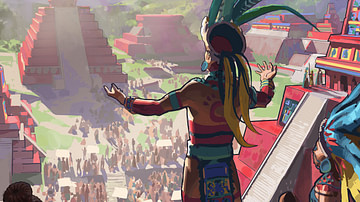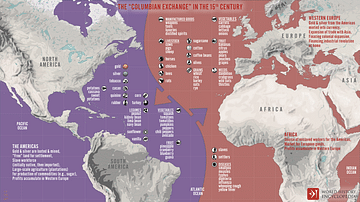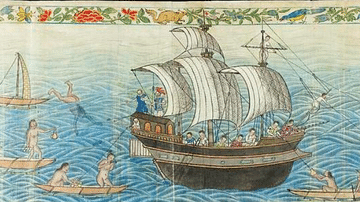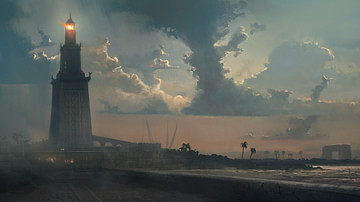Search
Did you mean: Midas?
Remove Ads
Advertisement
Summary 
Loading AI-generated summary based on World History Encyclopedia articles ...
Search Results

Definition
Junkers Ju 88
The Junkers Ju 88 was a two-engined medium bomber plane used by the German Air Force (Luftwaffe) throughout the Second World War (1939-45). Ju 88s were involved in the Battle of Britain and London Blitz as bombers, but this versatile aircraft...

Definition
Battle of Britain
The Battle of Britain, dated 10 July to 31 October, 1940 by the UK Air Ministry, was an air battle between the German Luftwaffe and British Royal Air Force and allies during the Second World War (1939-45). The Luftwaffe failed to achieve...

Definition
Heinkel He 111
The Heinkel He 111 was a medium two-engined bomber plane used by the German Air Force (Luftwaffe) during the Second World War (1939-45). Heinkel He 111s contributed significantly to such campaigns as the Battle of France, the Battle of Britain...

Article
Plague in the Ancient & Medieval World
The word 'plague', in defining a lethal epidemic, was coined by the physician Galen (l. 130-210 CE) who lived through the Antonine Plague (165 - c. 180/190 CE) but the disease was recorded long before in relating the affliction of the Plague...

Definition
Athena
Athena was the goddess of wisdom, war, and the crafts. She was the favourite daughter of Zeus and was, perhaps, the wisest, most courageous, and certainly the most resourceful of the Olympian gods. Zeus was told that his son would take his...

Definition
Maya Religion
Maya religious beliefs are formed on the notion that virtually everything in the world contains k'uh, or sacredness. K'uh and k'uhul, similar terms which are used to explain the spirituality of all inanimate and animate things, describe the...

Definition
Inca Architecture
Inca architecture includes some of the most finely worked stone structures from any ancient civilization. Inca buildings were almost always practical and pleasing to the eye. They are also remarkably uniform in design with even grand imperial...

Definition
Columbian Exchange
The Columbian exchange is a term coined by Alfred Crosby Jr. in 1972 that is traditionally defined as the transfer of plants, animals, and diseases between the Old World of Europe and Africa and the New World of the Americas. The exchange...

Definition
Manila Galleon
The Manila galleons were Spanish treasure ships which transported precious goods like silk, spices, and porcelain from Manila in the Philippines to Acapulco, Mexico, between 1565 and 1815. The Atlantic treasure fleets then shipped some of...

Definition
Lighthouse of Alexandria
The Lighthouse of Alexandria was built on the island of Pharos outside the harbour of Alexandria, Egypt c. 300 - 280 BCE, during the reigns of Ptolemy I and II. With a height of over 100 metres (330 ft), the lighthouse was so impressive that...